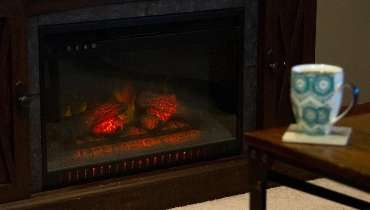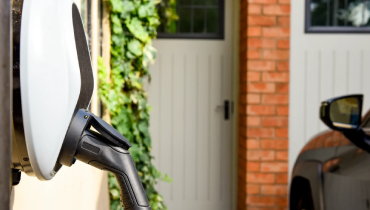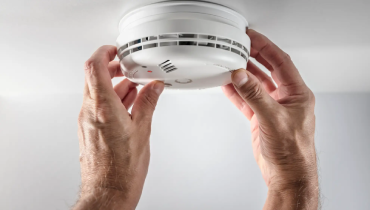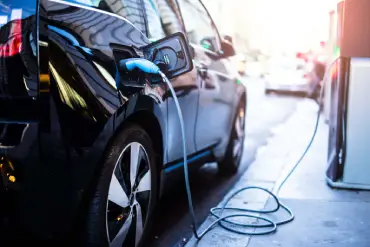Installing an EV (electric vehicle) charger at home is a smart move if you're looking to maximize the convenience and functionality of your electric vehicle.
Learn moreMr. Electric Blog
Shared Resources for Your Home Needs

Fireplace Heater Safety Tips
Electric fireplaces are a much less expensive alternative to adding a wood-burning fireplace to your home. Electric models provide a significant amount of heat
All Blogs
When it comes to your home’s safety, smoke detectors are a vital part of your fire prevention system. While it may seem simple to install them yourself, ensuring that smoke detectors are properly installed is essential for functionality and safety.
Learn moreSince you only have holiday lights up for a few weeks every year, it’s worth the effort to ensure they light up safely and correctly
Learn moreEV drivers are sparking a new era of road-tripping, turning every mile into an eco-friendly adventure. However, electric vehicle users must
Learn moreAs the festive season approaches, twinkling lights begin to adorn our neighborhoods, transforming the ordinary into a winter wonderland. It's a time when our homes and streets get a sparkling makeover, but have you ever wondered about the cost of all that holiday cheer?
Learn moreBattery-powered electric vehicles are gaining traction as their popularity continues to soar, but are they really that much better
Learn moreBook an Appointment
About Mr. Electric
Find Your Local Mr.Electric!
Let us know how we can help you today.
*Indicates a required field







